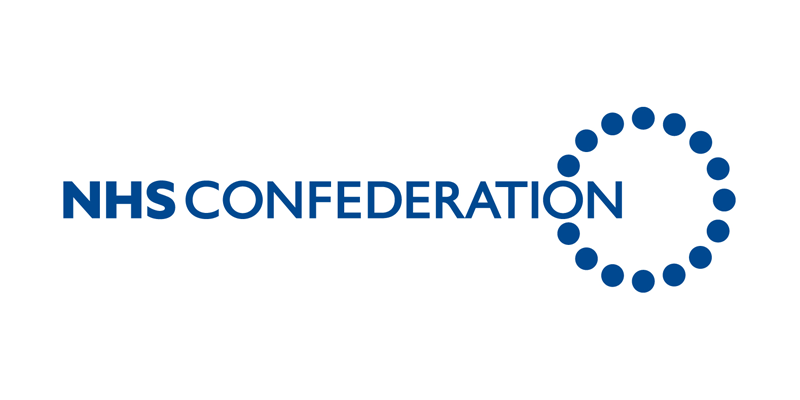Major New Report Calls For A ‘Re-Imagining’ Of The NHS If The Service Is To Emerge On A Stronger Footing From Covid-19
| The NHS is at a critical crossroads, with NHS leaders calling for a reassessment of what the health service can deliver as it prepares to grapple with a triple whammy of rising COVID-19 infections, a major backlog of treatment and reduced capacity due to infection control measures.
Informed by a new survey of more than 250 of the most senior leaders in the English NHS, the Government has been warned of the need for extra investment and support for front-line services if the NHS is to emerge from the pandemic on a stronger footing. With COVID-19 infections on the rise and a second surge of the virus expected, the NHS Confederation report calls for a raft of positive changes that have been introduced in recent months to be ‘locked-in’ for the benefit of patients, local communities and NHS staff. They include stripping back red tape and bureaucracy, handing more control to local NHS leaders, accelerating steps to integrate health and social care, and sustained and funded action to tackle the health inequalities that have been exacerbated by coronavirus. Above all, the report calls for political leaders to be honest and realistic with the public about waiting times and other areas of treatment as the NHS continues to resume services while managing the ongoing threat of coronavirus. The NHS Confederation survey of more than 250 chief executives, chairs and clinical leaders working in hospitals, mental health and community services, ambulance trusts, commissioning groups, primary care networks and integrated care systems, reveals widespread concerns as we head into the traditionally busy winter months, alongside a positive vision for how services can be ‘re-imagined’. Key findings include:
The overwhelming view of NHS leaders is that while the NHS in England benefitted from the £20 billion, five-year funding settlement made in 2018, the ongoing impact of coronavirus means this must be reassessed in the Government’s Comprehensive Spending Review in November. In particular, additional revenue and capital funding will be needed to cover the extra costs of meeting rising demand, especially in mental health; enabling the NHS to play catch up with the backlog of treatment; and in order to deliver patient services in new and improved ways as part of the widely supported transformation programme outlined in the NHS Long Term Plan. Danny Mortimer, chief executive of the NHS Confederation, said: “No one can be in any doubt that the road to recovery for the NHS and social care services will be long. Despite dire predictions that it would not be able to cope, the NHS has not only managed a huge wave of COVID-19 patients but also continued to treat millions not infected with the virus. We have learned much and are in a better position to manage the virus than first time round, despite still not having an effective test and trace system. The strain will continue to be felt across the country, but we must take this opportunity to re-cast services for the long-term benefit of patients and local communities. Our members continue to do everything they can to maintain access to vital mental health, cancer and other services for their non-Covid patients “This is a moment of truth for the Government and its stewardship of the NHS. Either it embraces what we have learned in recent months and provides the support and investment the NHS and social care need to get back on track and reform for the long term. Or they continue with short-term fixes, bail-outs and ever increasing targets and regulation that continue to stifle NHS staff from ‘locking-in’ the changes that are essential if the health service is to manage the threat of the pandemic and emerge in a stronger position. In return, taxpayers and the Government will rightly expect the NHS to embrace new technology, eliminate waste and deliver services in new and improved ways for patients.” Lord Victor Adebowale, chair of the NHS Confederation, said: “COVID-19 has been the biggest disruptor in the NHS’s history. Out of necessity, it has transformed patient services in ways previously unimagined and changes that would usually take years have been delivered in weeks. “This is the moment for Government to grasp the nettle, be bold and invest in a health and care system not just for this winter but for the long term. It must be reimagined in a way that lets local leaders deliver services that work for everyone in their communities. Above all, we need to see a radical and conscious shift in every part of the country towards tackling health inequalities. If there is one lesson from the pandemic, it is that our universal health service does not care for everyone equally.” The report – NHS Reset: a new direction for health and care – has been informed by six months of engagement with NHS and care leaders and a wide range of partners. Alongside today’s survey, the NHS Confederation has held more than 50 webinars, roundtables and meetings, with more than 2,500 people contributing to its ‘NHS Reset’ campaign. |






